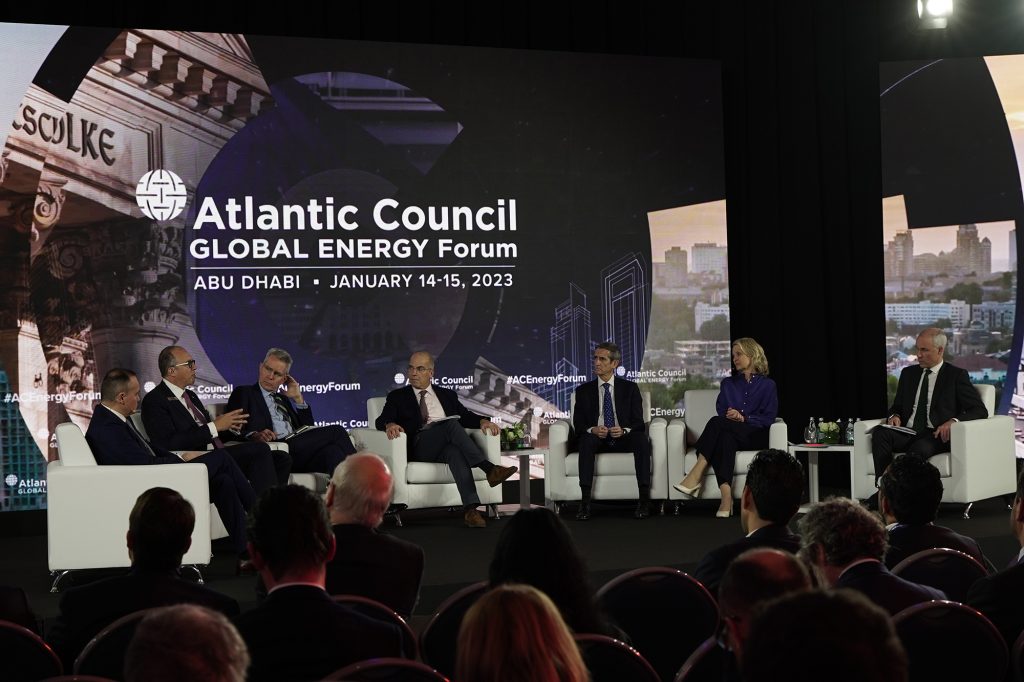Energy industry leaders from around the world have converged in Abu Dhabi for a crucial conference focused on oil and gas pipeline technologies. The conference, which kicked off this week, serves as a platform for industry experts to delve into the latest advancements in pipeline infrastructure, operational efficiency, and sustainability practices.
The gathering in Abu Dhabi comes at a time when the global energy sector is navigating a complex landscape. Geopolitical tensions, coupled with the ever-present need to transition towards cleaner energy sources, necessitate a reevaluation of traditional oil and gas transportation methods. The conference aims to address these challenges head-on by fostering discussions on how pipelines can be adapted to meet the evolving demands of the 21st century.
A key area of focus at the conference is the integration of cutting-edge technologies to enhance pipeline safety and efficiency. Delegates are expected to explore the implementation of advanced monitoring systems that can detect and prevent pipeline leaks, ensuring the integrity of critical infrastructure. Additionally, discussions will delve into the use of data analytics to optimize pipeline operations, reducing maintenance costs and maximizing throughput.
The conference will also spotlight the role of pipelines in facilitating the transportation of natural gas, which is seen as a cleaner alternative to traditional fossil fuels. With growing environmental concerns, natural gas is increasingly being touted as a bridge fuel during the energy transition. Experts at the conference will explore how pipeline infrastructure can be adapted to accommodate the transportation of natural gas, while also emphasizing the importance of reducing methane emissions throughout the pipeline lifecycle.
Furthermore, the conference will address the financial aspects of pipeline projects. Financing large-scale pipeline infrastructure can be a complex undertaking, especially in the current economic climate. Delegates will explore innovative financing models that can attract investments in pipeline projects, ensuring the viability of these critical energy transportation corridors.
The Abu Dhabi conference is expected to play a significant role in shaping the future of oil and gas pipeline infrastructure. By bringing together industry leaders, policymakers, and academics, the conference fosters collaboration and knowledge sharing, paving the way for a more secure, efficient, and sustainable pipeline network.

